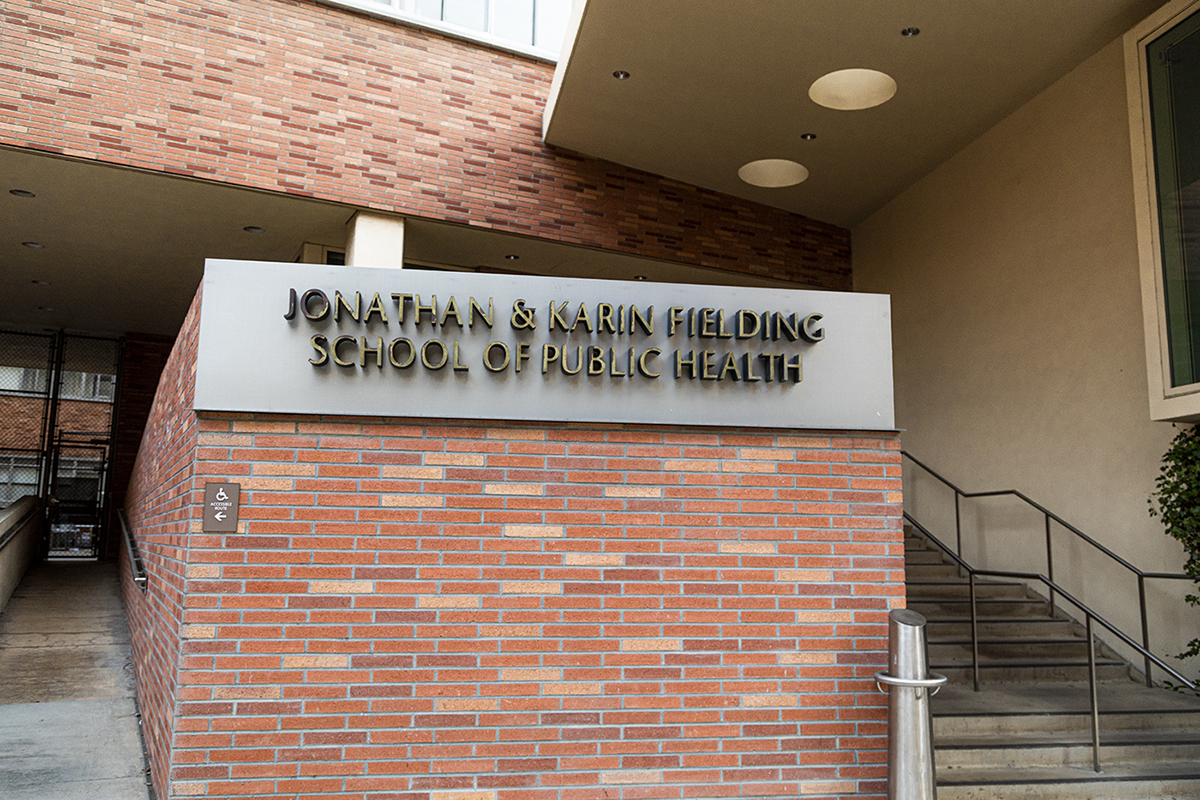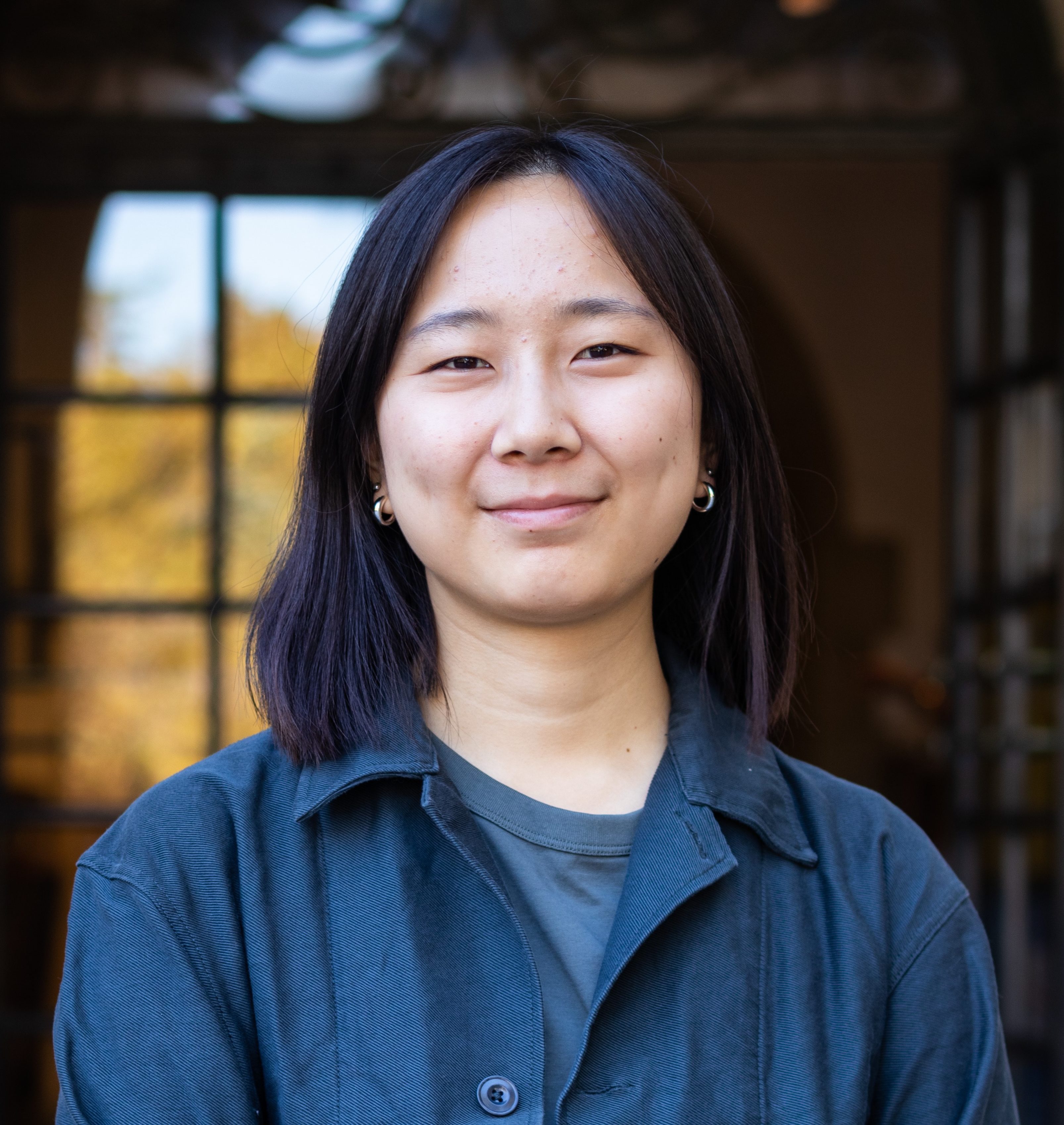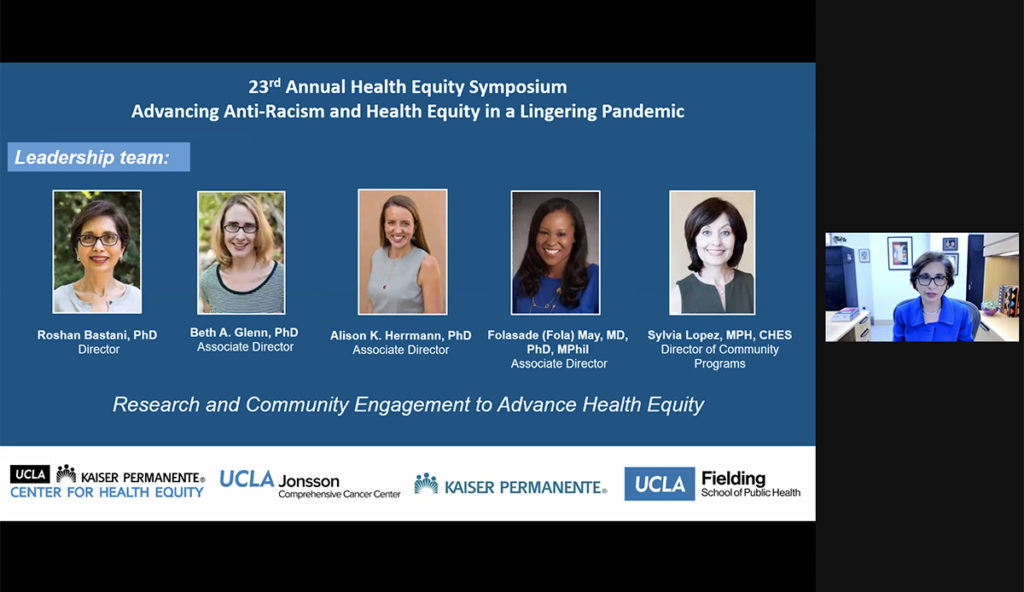UCLA public health community discusses systemic racism in health care

The UCLA Kaiser Permanente Center for Health Equity, located within the Fielding School of Public Health (pictured), held its 23rd Annual Health Equity Symposium on Nov. 3 and 4. Panelists discussed topics including expanding the accessibility of telehealth during the pandemic. (Justin Jung/Daily Bruin senior staff)

By Victoria Ke Li
Nov. 17, 2021 11:37 p.m.
UCLA faculty and public health professionals discussed ways to combat systemic racism during the COVID-19 pandemic at a two-day virtual conference.
Panelists reflected on the continued importance of working against racism and reducing health disparities during the pandemic in a diverse range of areas at the 23rd Annual Health Equity Symposium, hosted by the UCLA Kaiser Permanente Center for Health Equity on Nov. 3 and 4.
Previous symposiums featured topics such as the emerging health issue of cannabis and e-cigarettes, said Sylvia Lopez, director of community programs for the center. The center chose to focus on anti-racism this year because it is an issue currently at the forefront of public health concerns, she added.
COVID-19 disproportionately affected minority communities in the state, said Dr. Arleen Brown, a professor of medicine, at the event. The case rate for Black individuals in California was 43% higher than the statewide case rate, and the death rate was 14% higher. Brown added that these disparities led her research team to work closely with community members and increase their confidence in the COVID-19 vaccines – also one of the central topics of last year’s symposium.
“These were the people who were at highest risk for getting COVID, but we were also learning that they were at high risk for not wanting to get the vaccine,” she said.
[Related: UCLA health panel talks importance of communities of color in vaccine research]
Her team found that misinformation – such as the myth that the vaccines contained microchips the government would use to track individuals – was fueling distrust.
The team also found that other people did not want to get the vaccine because they were concerned the vaccine was not accessible for their communities, which could include undocumented individuals, the elderly and people who faced language barriers.
Accessibility was a key concern when it came to telehealth, said Dr. Yohualli Anaya, an assistant professor of family medicine, at the event. As appointments suddenly became virtual because of the pandemic, Anaya’s patients – many of whom were Latino – faced barriers to accessing telehealth, she said. Some did not have devices equipped with the right functionalities or a stable internet connection needed for virtual visits.
“When care is provided at distance, if some patients don’t have access to virtual visits but only audio encounters, how equitable is the care that we’re providing to them when other populations have access to both?” she said.
Ray Cheung, founder and executive director of SmartAirLA, said text messages were an effective, convenient way to communicate important health information to people who might not have internet access.
Cheung worked with partner organizations to design a program that would notify asthma patients about poor air quality and remind them to take medication. During the pandemic, the areas in Los Angeles County that saw the highest concentrations of COVID-19 cases – consisting largely of communities of color – were very similar to areas with high levels of air pollution and consequently, poor respiratory health, he added.
Their analysis found that 97% of the text message recipients said they felt like they were able to better control their symptoms.
“Some folks call it their guardian angel,” Cheung said. “People felt empowered to prevent an emergency.”

Racism, mental health and climate change are the top three health priorities in California, said Dr. Rohan Radhakrishna, the deputy director of the California Department of Public Health Office of Health Equity, at the event. He added that their goal continues to be ensuring one’s race does not predict their health outcomes.
“People are still confused, and they call race as the risk factor, when racism is the risk factor,” Radhakrishna said.
To work toward improving health equity, Anaya said health care providers can make active efforts to be more inclusive. For example, providers and patients should be aware that patient privacy laws protect everyone regardless of citizenship status and that documentation should not always be required to seek care.
Anaya added that increasing racial diversity in health care also has potential to break down language and cultural barriers to connect with patients more closely. On the patient side, Brown said more representation in clinical trials can help build trust and ensure transparency when it comes to medical research.
In addition to improving workforce diversity, health care organizations should implement more implicit bias training and address discrimination in the workplace, Radhakrishna said.
Racism should be approached like any other serious health issue, he added, by addressing the root cause, controlling the main problem, and reducing its impacts.
“What we apply for a communicable disease we can also apply to a chronic disease, a climate disease or a societal disease like racism,” Radhakrishna said.


